Last Updated on July 26, 2021

Recently I found myself taken with CLIVE BARKER’S BOOK OF BLOOD. I know it didn’t strike terror for everybody, but for me, it felt like a sort of return to what Mr. Barker was going for in his early film work. Anthony DiBlasi was the executive producer on that film, and he now takes the directors chair for CLIVE BARKER’S DREAD. From the trailer, it looks to be an intriguing bit of gory fun. And possibly, a continued step in the right direction when it comes to Barker’s work being translated well on screen.
I got the chance to talk with Mr. DiBlasi and it only whet my appetite even more for DREAD. We talked a whole lot about Clive and his involvement in the current adaptations and we also talked HELLRAISER remake and whether is ready to go, or not. And of course we talked Dread. Anthony is an incredibly nice guy and I am really looking forward to seeing what he does with his latest. And lucky for us, Clive Barker’s Dread may give After Dark Films one truly deserving movie for 8 Films To Die For coming soon to a theatre near you.

So for starters, I haven’t seen the film yet, but the trailer looks like pretty kick ass.
Oh, cool. I’m eager to… Well, it’s funny, because that trailer was made… we were still only two weeks into production, so it includes only two weeks of footage in that trailer. So I’m eager to see… After Dark is about to release the US trailer and I’m eager for that to come out.
How did you get involved with Clive Barker early on?
It’s actually a really simple and boring story. But great! Great for me [Laughing]. I went to film school in Boston, I’m from Boston, I went to Emerson College. And they have a program – as I think all filmmakers who really want to give it a shot should come to L.A. – the program, you come to L.A. and you try to settle in. So I came down my last semester. I was taking a couple classes, I was doing an internship at Marvel Studios. This was just before SPIDER MAN came out so they were still a very small company. I remember the credit sequence, you know, the film was done and they were putting the credits together. They had no idea what kind of success they were gonna get with the first Spider Man film.
But I had a lot of free time on my hand and I really wanted to get into horror. So I talked to my advisor, I was like, ‘Are there any people you know that are in that business?’ So she sent me a list of names, and Clive’s company was one of them. And Joe Daley, my producing partner now, he had actually gone to Emerson for a semester… so Clive, someone who I had really respected his taste I think, and my taste were really a reflection of his as well, so I felt it’d be a good match. I interviewed with them for an internship and Clive was there at that meeting, and Clive and I just hit it off instantly. We just had a lot in common, and then they hired me for an internship and two weeks later, they hired me full time. And then after that, I was kind of just thrown into the fire, I think I was intended to be Joe’s assistant, but we were so busy and it’s just like, Joe and I kind of took the reins and we were just developing projects at all the studios. I kind of just got thrown into it really fast and hard. And then the rest is history, that one single, great meeting was just the break I needed to get in the door. Obviously Clive and I are close, and we’ve stayed close ever since.

That’s a great story. I mean, who doesn’t remember seeing HELLRAISER for the first time…
Oh yeah, I know.
That and NIGHT BREED… his books and his films were like nothing we’d ever seen before.
Yeah. His style is so different in terms of a lot of horror filmmakers. He just had a different… I think what was great about Clive and you could see it early on – there are so few films he actually did – but he definitely had a style from the get go. You know, a filmmaker where, you see like a Scorsese film and you usually know it’s a Scorsese film right off the bat. And Clive had that. With Hellraiser, and then you’d see that for LORD OF ILLUSIONS. I think you watch his films and right away, well this is definitely a Clive Barker film, I see it. He just had a unique vision, I guess, and I guess it is primarily because he is a fan of storytelling and not… his horror is so fantastical, you know, you can categorize it as horror fiction, but you can call it fantasy as well.
Now with that, let’s move up a bit and talk about DREAD, which is a little less fantastical.
Probably the only one.
Right. How did you this one come your way in terms of directing?
Well, Dread was something that had been in the studio system. It’s funny, a long story, because we all think of and question where did Clive go for so many years. From when he did Lord of Illusions and then produced GODS AND MONSTERS, there is definitely a lull in Clive Barker cinema. And it’s a very Hollywood answer, it’s kind of strange to people who aren’t in the business. At a time, and still is, he is writing these children’s fantasy books, “Abarat”, I don’t know if you’ve ever seen them.
Absolutely.
Yeah, they are awesome books. And he paints, and those pictures are painted, oil paintings of the illustrations, and he has about a thousand of them now and they’re all huge. He takes awhile with those books and he’s still working on them. So there were several years where he was like, you know I wanna shift directions and really do this thing that was his “Narnia”. He loved Narnia growing up and he wanted something, and I think when he is dead and gone, [he wanted] a legacy of these children’s fantasy books. And what happened is, that we sold the film rights to Disney even before he started writing. That had both a positive and a negative backlash on our filmmaking careers. Because what had happened is that, selling Abarat to a major studio kind of put us, put Clive in a different category.
Suddenly all the other studios… it was like a big deal, they made a big to do about it. So Universal and Fox and Warner Brothers… everybody bought Clive Barker material. And this is when I came into the scene. So we had all these properties set up at the major studios. Unfortunately, a lot of the major studios, I don’t think they quite knew what they were getting into with Clive Barker material. And they were like, that’s great, I want to do a Clive Barker horror piece. They want to do it. But what happened is we ended up getting trapped in this kind of development hell at the studios for years. And Dread was one of these projects. Dread was at Fox and they wanted it to be PG-13. And we had a lot of great drafts come out of it, and like a lot of the studio pictures we just couldn’t get it off the ground. And you can spend years at the studios, I mean, four or five years and do draft after draft after draft and just never get anywhere.

So we got the rights back and I had been a producer on it and I knew the material left and right, I just knew it so well… and I’ll backtrack. “Pig Blood Blues” was actually something I had adapted first. And I was eager to get that off the ground, and we actually had it set up in another studio as Phoenix Pictures at the time. So what we did is deal with Matador to distribute these films in London and Pig Blood was not available. And me loving Dread. Dread and Pig Blood are my two favorites stories and I am extremely lucky to do both. So I was like, listen, I don’t want to miss the opportunity to direct a film, I’m gonna really focus on Dread, and I did, and I wrote a draft and that’s what happened. We got it out that way and had the opportunity to direct it. Long story for a short answer, but that really is the history of the whole thing. With Matador, it’s great because we have freedom to make Clive’s material how we really want to do it.
I do like the kind of independent, low budget feel, at least with BOOK OF BLOOD, that was similar to HELLRAISER. I don’t think Clive’s work is really something that needs a big, huge budget to do.
Yeah, it’s hard, it’s really hard because Clive has a lot of fans. But he doesn’t have the amount of fans Stephen King has, and their writing styles are so different. It’s funny, I was looking at our message board today, I think we announced his new book that I can’t wait for, his new collection of short stories called “Black is the Devil’s Rainbow”. And the first thing underneath was like, this guy had written, ‘…you know, I don’t know what it is but I can’t understand a word of what Clive is talking about in his book, so I always try to read them, but his material is way over my head, I tend to read Stephen King more.’ [Laughing] I’m like, yeah, that kind of sums it up because he was kind of like the bastard son of Stephen King, and Stephen King really made his career with that quote, “I’ve seen the future of horror and his name is Clive Barker.” And it is funny, Clive is just… his stuff is so sexual and twisted and always runs off in these different tangents which is what, I think, makes it so interesting. But to make a film of it, is often quite challenging.
That’s true. I remember when I first read “The Inhuman Condition”, which I read when I was very young, and I just really can’t imagine turning his work into a PG-13 studio flick.
No. Please… we can barely do one for an R rating half the time.
Looking at the rating for Dread, it says, “Rated R for strong bloody violence, disturbing/sadistic content, graphic sexuality, nudity and language.” Is there anything else we are missing?
I was quite happy with that. I like that it was so long and complex. Their ratings are sometimes so off the wall, it’s something that is so very specific. You know, like rated R for a sex scene with duck. It was nice that Dread had such a long one and not a two word one.
As a filmmaker, where and how did you want to push the boundaries? How do you go about asking these actors to go there in terms of nudity and the sexuality.
I think… you know, I never want to mislead the audience as it is actually a very dramatic film and going into it, its what I wanted to do. I mean, Dread is his only thriller set in the real world. It’s a movie about relationships. For me, I really connected to this coming of age story between these two guys and that’s what I wanted to tell. So it has a lot of drama that, these characters are like twenty-one or twenty-two, Quaid is a little older, and its that time of life where people are trying to find themselves. And I really wanted to tell that core story and those are the moments where you make your decisions in life. You can go left and sometimes you can go right, and one of them was a bad choice. So if you left instead of right, where does that lead you. And Dread has a lot of graphic violence and a lot of nudity, it has a lot of twisted things, but it also tells a very dramatic story. So I think that is why the actors were kind of willing to let me have my way with them. And all the actors were great that way. And I think that they connected to those characters so well that they were willing to go that extra mile.

It also seems like a pretty balanced cast, and not strictly just folks from The CW agreeing to do a safe R rated film.
No, the cast… I mean, when you look at Jackson (Rathbone) who is in TWILIGHT, Twilight wasn’t out yet when we cast him and I hadn’t seen it. I had seen some of his work prior, but when I saw him, he had this instant appeal that I wanted for that character [Stephen Grace]. And Shaun Evans, who plays Quaid, I met him in L.A. before we went out to London, and the second I met him, I was like, ‘This is Quaid.’ This was Quaid in my head. And he is really a dramatic actor, I mean, he started his career in BEING JULIA with Annette Bening. He was her co-star and he was great in that movie. And the two lead females, Laura Donnelly and Hanne Steen are essentially newcomers. They both have done things in London, but not much. I just wanted great actors. That’s what you really need to do, you just need to put good actors in a film.
What was the most important thing in terms of staying true to the original work?
In my opinion, I stayed very true to the short story. It’s that kind of thing that, for the people who’ve seen it, it definitely splits an audience. And I think that people who are really die hard Clive fans, and this goes with anything, Harry Potter, Da Vinci Code, people who really love books sometimes really get angry at films. You know, because they are like, ‘Oh my God they didn’t put that in!’ And for me, I think I put every ounce in from the short story into the film. Now sometimes I didn’t always use it with the same characters that do it in the book. I think the biggest change that you are going to see in the film from the short story is, I altered Stephen Grace’s trauma and his back story and ultimately the climax. I supplemented that character with another character named Joshua [Jonathan Readwin], who kind of takes on the role of Stephen in the short story. So although things are different, everything is there. And for me, the most important thing, and it is almost essentially word for word from the short story, is the scene with the meat. That is in the movie, full on, almost exactly as it is in the short story. Because for me that is the most important thing. That was the crux of that short story. So that is in the film in its entirety.
It’s always an odd thing when somebody claims you can’t judge a film unless you read the book, because a film should stand on it’s own merits.
Yeah, they’re separate mediums. And I’m sure that… I think it’s funny because I’ve worked with Clive so long, that a lot of people who, if someone doesn’t like the movie they’re like, ‘Oh, Clive just put his name on it.’ And that is just not true. I mean, I work very closely with Clive, he was involved in the stuff. And for me, he is the only guy I need to please. I need to please Clive and I need to please myself. I love the fans, you know, I love Clive’s fans, but you can’t make a movie for fans of literature. The percentage of people seeing a film is usually much greater than the people reading literature. You’re making a film for a completely different audience, really.
How much is he physically involved, whether it means him being on the set, or involved in the production?
Well it changes with every project because Clive is always writing his novels and painting and he’s working on a thousand different things at once. So I’ll do a draft of a script, I’ll send it his way and he’ll read it and throw in some thoughts. For Dread, he came up over for pre-production, he was involved when we were putting the casting together and working out some previs effects and stuff like that. But he wasn’t there for production. Like, on MIDNIGHT MEAT TRAIN, he came in and out of production. I mean, that was much easier because we shot in L.A.. And on Book of Blood, he kind of came in the same way, he came once during production and stayed for a little while and came back when they did some – they’re not re-shoots, they were shoots later on where they did all this ghost stuff. They did that separately and he was there for that. So its always different. He’s not always there for the whole thing. You just can’t do that. For Midnight Meat Train and Book of Blood, we were introducing new filmmakers into our mix, which is usually what we do. We have a director and a writer, so it’s not someone we work so closely with. I’m part of that Midnight Picture Show team, so it’s kind of like our shorthand is so short that I and the producers, Joe, Jorge [Saralegui] and Clive, that it’s like a family production, you know. It was much easier, and our shorthand was so tight. It was quite an easy production.

Now of course I have to ask you about the HELLRAISER remake. How are you involved? Is it happening?
We are involved in the peripheral right now. I mean, I’m a co-producer on it… there hasn’t been a lot of movement on it yet, and the last we heard is that they really wanted to do something in 3D. I don’t know. I don’t know if it is going to get off the ground or what. It is definitely not something that we are actively developing right now.
I know that Doug Bradley isn’t really happy about it, and a lot of the fans are a little frustrated with all the remake news. Do you think it is really something that could be remade and still be relevant?
Yeah, I think so. I think there is a remake. I definitely… I may not like the remakes or like all the remakes, but I’m definitely not against remaking films. The one bad thing about a remake is that the studios tend to get on a trend and like, we can only make remakes and we can only make property that is based off of a video game and very successful books. And that limits making original material.
I agree.
But the idea of making a remake for me is, you know, you look back at the Universal Pictures and Dracula and the Wolfman, if your monster gets remade in this day and age, that means its iconic. Robert Englund is part of a legacy now with Freddy getting remade, and Leatherface and all that stuff. And I think what it also does is it makes younger generations aware of the original film. We have thousands of people now renting the original movies which they may have not bothered doing. So I think that is a good thing.

What is your favorite Clive Barker film? Send questions and/or comments to
[email protected]


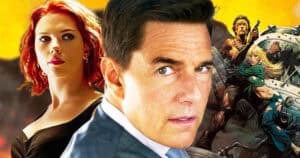
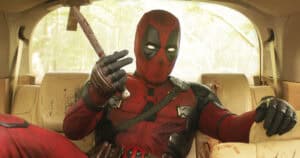
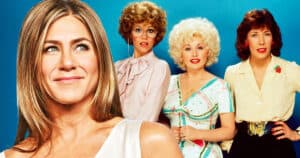
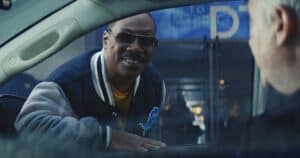
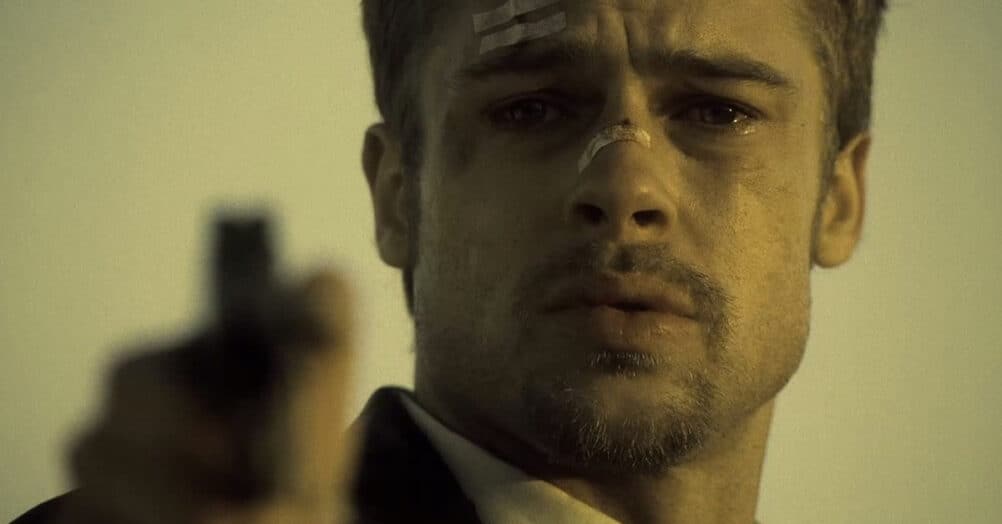
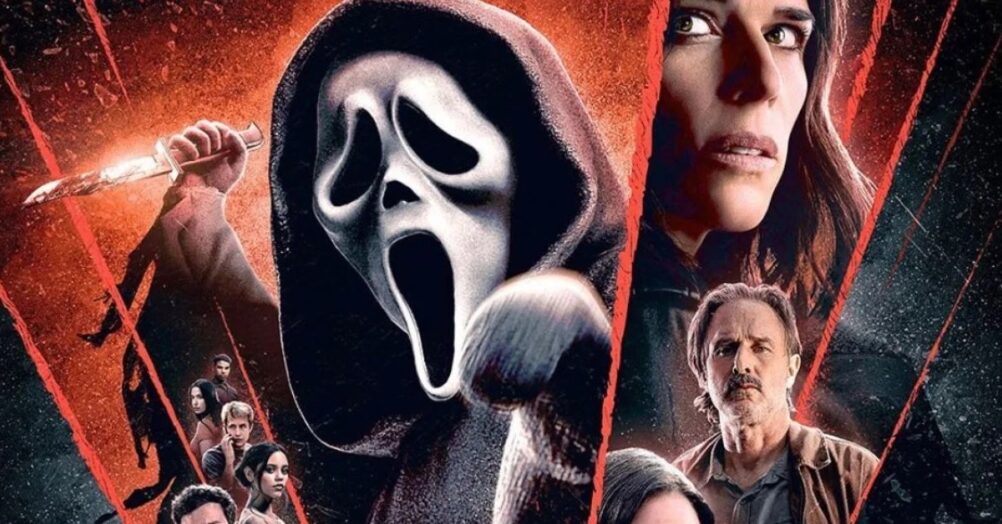
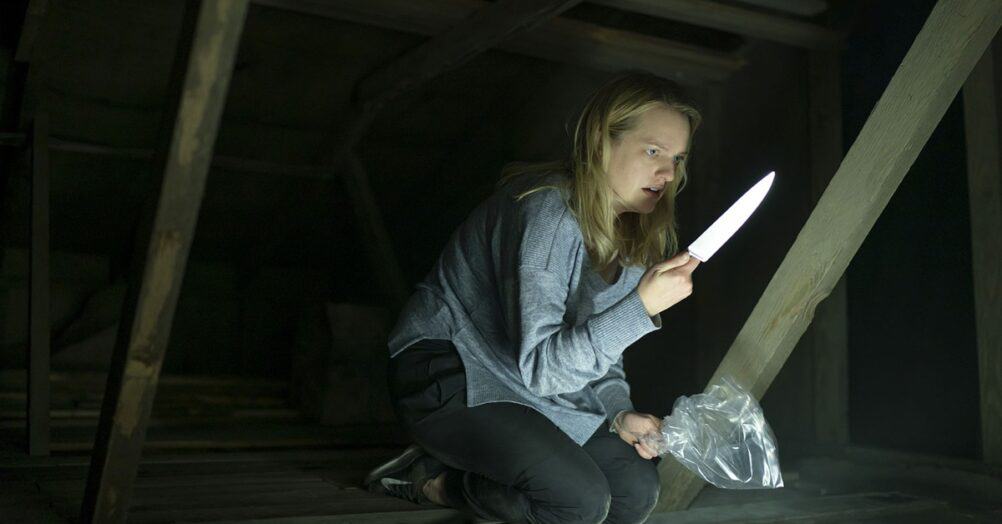

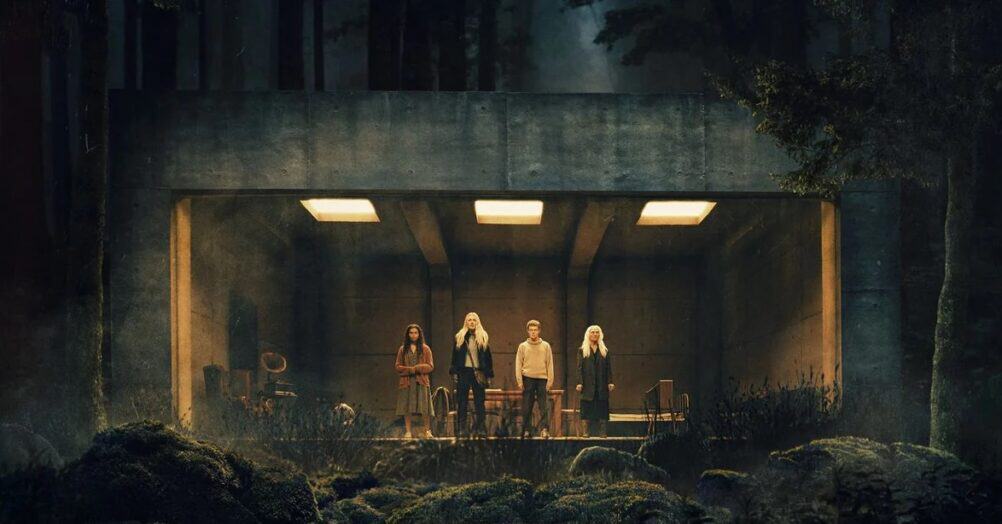
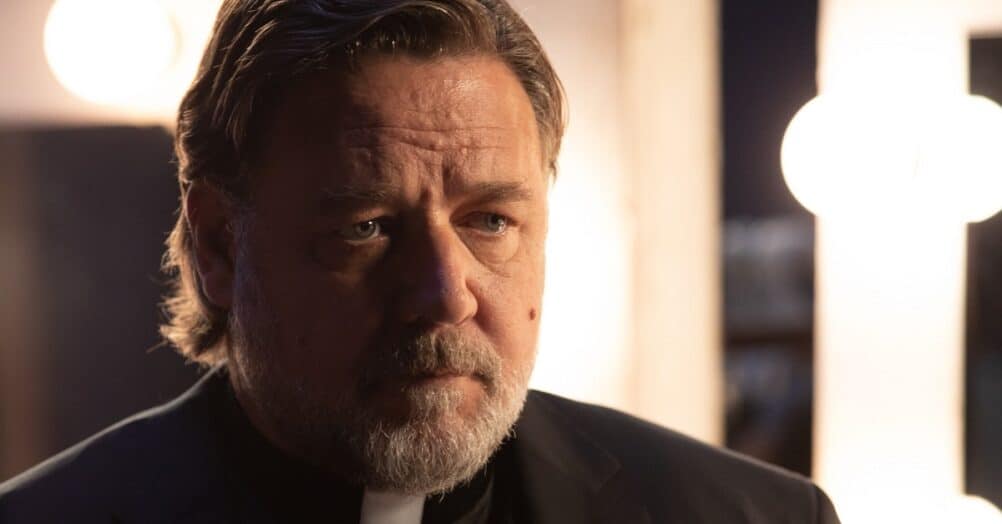

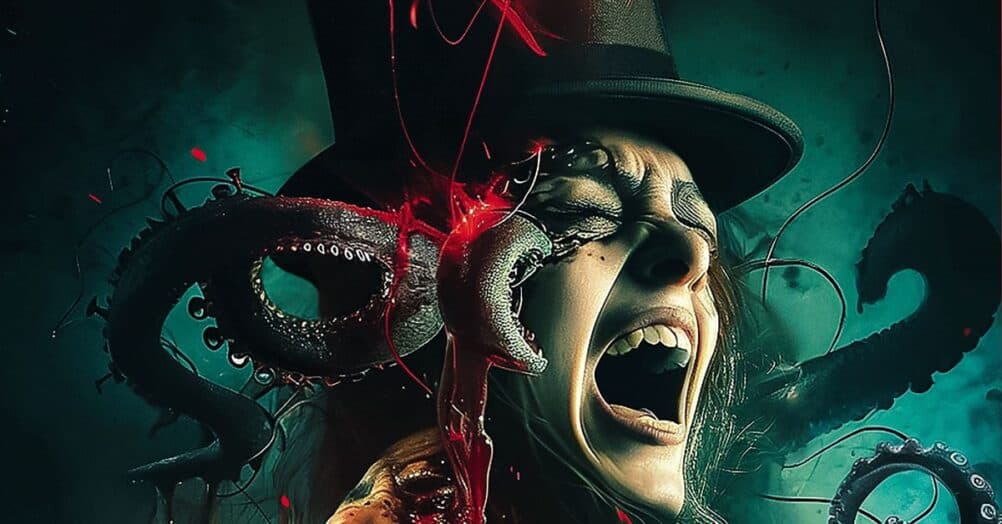
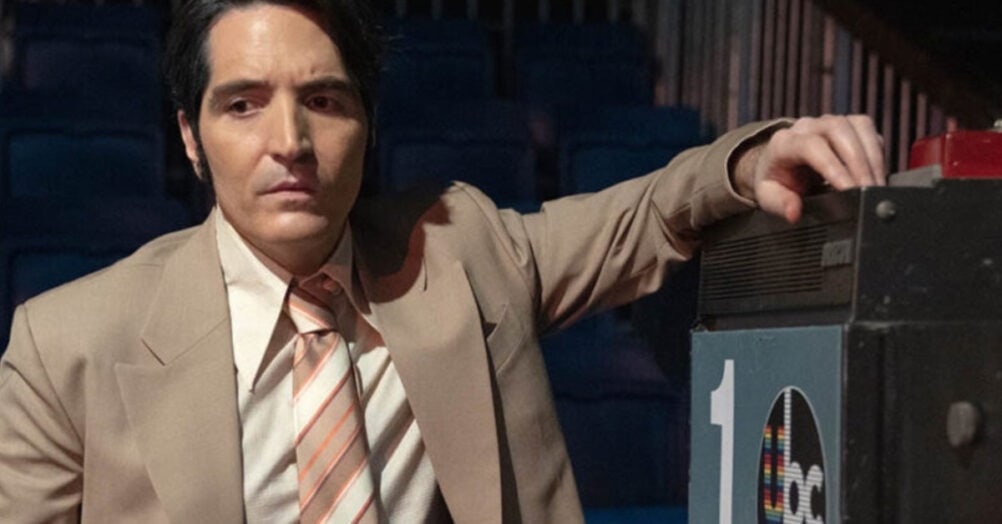
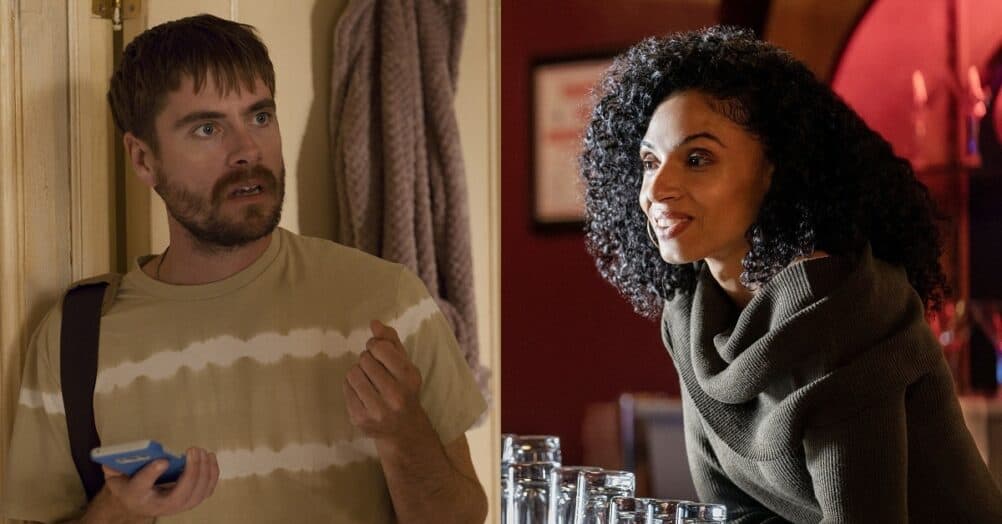
Follow the JOBLO MOVIE NETWORK
Follow us on YOUTUBE
Follow ARROW IN THE HEAD
Follow AITH on YOUTUBE